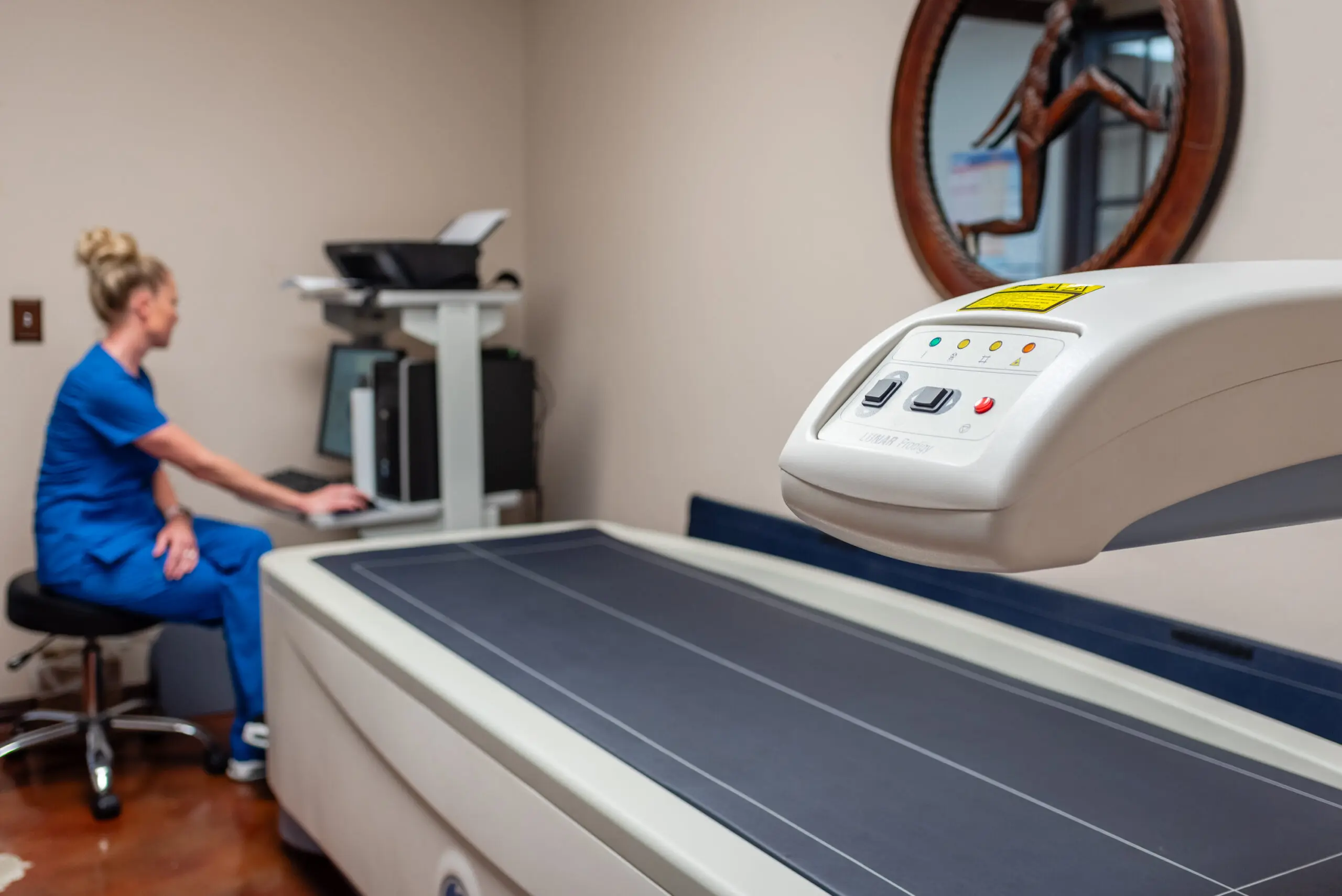When it comes to maintaining youthful, radiant skin, not all ingredients are created equal. The world of anti-aging skincare can seem overwhelming, with countless serums, creams, and treatments promising miraculous results. However,...
read moreCategory: General
The Top Anti-Aging Skincare Ingredients: Can We Unlock the Fountain of Youth?
Naturally Fade Pregnancy Scars and Stretch Marks with PRP Microneedling
Pregnancy brings joy and new life, but it can also leave lasting marks on a mother’s body. While stretch marks and scars are badges of honor representing the incredible journey of motherhood,...
read morePeptides – The Rising Stars of Modern Medicine
Have you ever wondered about the latest breakthrough in medical treatments? Peptides might sound like a complex scientific term, but they’re actually natural compounds that could revolutionize how we treat many common...
read moreLED Light Therapy: Illuminating the Path to Better Skin and Wellness
Are you looking to improve your skin’s appearance or manage chronic conditions? LED light therapy might be the solution you’ve been searching for. In this comprehensive guide, we’ll explore everything you need...
read moreBeyond the Scale: The Power of Body Composition Testing
Are you tracking your weight but unsure whether you’re seeing results in the right way? Focusing solely on the number on the scale can be misleading and, frankly, frustrating. This is where...
read moreMicroneedling with PRP: A Revolutionary Approach to Treating Complex Skin Conditions (No. 4 is totally unexpected!)
Microneedling combined with platelet-rich plasma (PRP) has emerged as a powerful treatment in dermatology, offering hope for various skin conditions that traditionally proved challenging to address. This innovative approach harnesses your body’s...
read moreDiscover the AIP Diet: A Natural Approach to Managing Autoimmune Conditions
Autoimmune conditions affect millions of people worldwide, with estimates suggesting that around 4% to 5% of the global population is impacted. In the United States alone, approximately 24 million individuals live with...
read moreBalancing a Busy Life: How Nutrition Can Transform Your Health
A busy lifestyle often means juggling work, family, social commitments, and more—leaving little room to prioritize nutrition. Yet, neglecting healthy eating can profoundly impact your physical, mental, and emotional well-being over time....
read moreUnderstanding Skin Aging and Rejuvenation
Skin aging is a natural biological process influenced by both intrinsic and extrinsic factors. Intrinsic aging, often referred to as the skin’s natural aging process, is largely dictated by genetics and occurs...
read morePeptide Clinics: Should I Consider One?
Peptides are all the rage right now. And it’s for a good reason. Even though it seems like peptide clinics appeared overnight, peptide injections have been in use to improve athletic performance,...
read more









